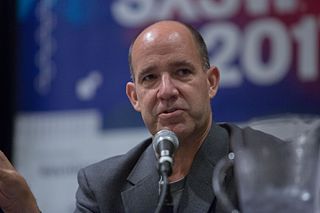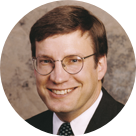A Quote by Michael Wolff
Possibly the defining development of postmodern politics - naturally, an American one - is the separation of personality from ideology. If you are likeable, or at least not disagreeable, if you can strike a personal bond with the electorate, if you reassure rather than disrupt, it doesn't really matter what you stand for.
Related Quotes
You are only as powerful as that for which you stand. Do you stand for more money in the bank and a bigger house? Do you stand for an attractive mate? Do you stand for imposing your way of thinking upon others? These are the stands of the personality seeking to satisfy its wants. Do you stand for perfection, for the beauty and compassion of each soul? Do you stand for forgiveness and humbleness? These are the stands of the personality that has aligned itself with its soul. This is the position of a truly powerful Personality.
The organism is thus being preconditioned for the spontaneous acceptance of what is offered. Inasmuch as the greater liberty involves a contraction rather than extension and development of instinctual needs, it works for rather than against the status quo of general repression - one might speak of "institutionalized desublimation". The latter appears to be a vital factor in the making of the authoritarian personality of our time.
Power is a central issue in social and personal transformation. Our sources and uses of power set our boundaries, give form to our relationships, even determine how much we let ourselves liberate and express aspects of the self. More than party registration, more than our purported philosophy or ideology, personal power defines our politics.
Whatseems to take place outside ideology (to be precise, in the street), in reality takes place in ideology. What really takes place in ideology seems therefore to take place outside it. That is why those who are in ideology believe themselves by definition outside ideology: one of the effects of ideology is the practical denegation of the ideological character of ideology by ideology: ideology never says, 'I am ideological.'
Ultimately, the court is heading to a doctrine of 'separation of campaign and state.' This doctrine, like separation of church and state or separation of military and civilian authority, is not explicit in the Constitution but flows naturally from its structure and commitment to freedom and democracy.
Just as Darwin discovered the law of development of organic nature, so Marx discovered the law of development of human history: the simple fact, hitherto concealed by an overgrowth of ideology, that mankind must first of all eat, drink, have shelter and clothing, before it can pursue politics, science, art, religion, etc.
When we planned our country's economic development, we had the strategic objective of our Revolution in mind. It was not planned for economic development [to be] solely an end in itself. There are some who have forgotten that the sole basis of our revolutionary struggle was the ideology and politics which we follow.


































